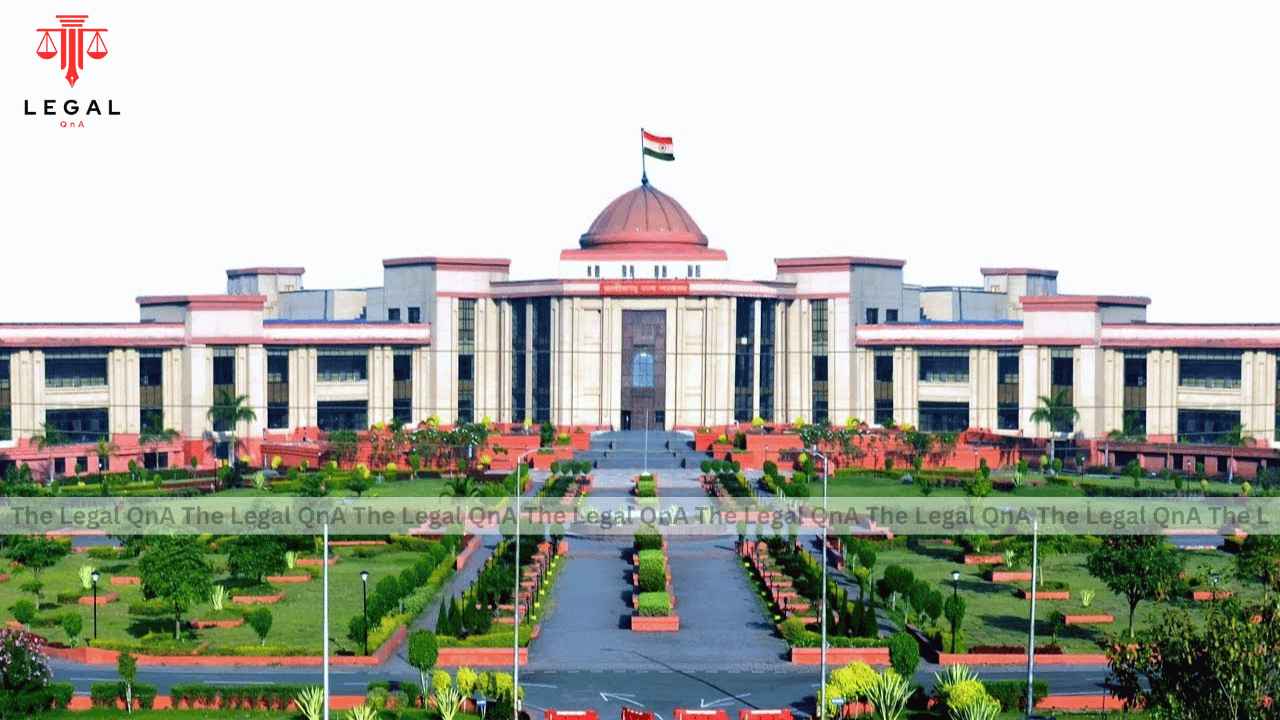The Chhattisgarh High Court has once again clarified that an employee has no right to remain at a previous posting once the transfer order is implemented. The ruling reinforces the settled position that after an employee joins the transferred place of posting, the earlier posting ceases to give rise to any enforceable right, even if a vacancy later arises there.
The matter came before a Division Bench comprising Chief Justice Ramesh Sinha and Justice Amitendra Kishore Prasad in the case of Sanjay Kumar Yadav v. State of Chhattisgarh & Ors. (Neutral Citation: 2025:CGHC:50788-DB). The appellant, a Lecturer (History), was declared surplus and transferred to another district after a rationalisation counselling process.
Advocate Goutam Khetrapal appeared for the appellant, while Additional Advocate General Yashwant Singh Thakur represented the State.
Background of the Case
The appellant, earlier posted at Government Girls’ Higher Secondary School, was transferred after being declared surplus. Following his participation in counselling, he was assigned a new posting, which he joined.
Subsequently, when a vacancy arose in his former school due to the promotion of the in-charge Principal, the appellant sought to return, claiming the transfer violated rationalisation guidelines.
The Single Judge dismissed his writ petition challenging the transfer. Aggrieved, he preferred a writ appeal asserting that his joining at the new post was under compulsion and that he should be reposted to the original school against the newly created vacancy.
The State resisted the appeal, arguing that the appellant had voluntarily joined the transferred post, the transfer had been implemented, and therefore, no right survived for him to challenge it thereafter.
Court’s Observations
The Division Bench upheld the dismissal of the writ petition and reiterated that courts will not ordinarily interfere once a transfer order has been executed.
The Bench relied on the Supreme Court’s precedent in U.P. Singh v. Punjab National Bank, wherein it was held that an employee who joins the transferred post cannot later seek to undo the transfer.
It also referred to Tarun Kanungo v. State of Chhattisgarh, where the High Court held that once a transfer order is acted upon, it ceases to have operative effect.
The Court further noted that the appellant joined his new post nearly a month before filing the writ petition, demonstrating compliance and acceptance of the transfer. The subsequent vacancy in the old school, the Court clarified, does not revive any legal right to revert.
The Bench emphasized that the appellant had participated in the counselling process and accepted the outcome, thereby estopping himself from claiming any right over the previous posting.
Legal Principle Reaffirmed
The ruling reinforces that once a transfer order has been implemented, an employee cannot insist on remaining at the earlier posting, even if circumstances change or vacancies arise later. The only remedy available, if at all, lies in seeking a fresh administrative order rather than undoing an executed transfer.
The Court cited its own recent judgment in Smt. Pooja Yadav v. State of Chhattisgarh, maintaining consistency with the principle that an employee’s right to the earlier post ends upon joining the new assignment.
The Chhattisgarh High Court dismissed the appeal and upheld the transfer order, ruling that an employee has no right to remain at a previous posting once the transfer order is implemented.
- Case Title: Sanjay Kumar Yadav v. State of Chhattisgarh & Ors.
- Neutral Citation: 2025:CGHC:50788-DB
- Bench: Chief Justice Ramesh Sinha and Justice Amitendra Kishore Prasad
- Appellant Counsel: Advocate Goutam Khetrapal
- Respondents Counsel: AAG Yashwant Singh Thakur
Follow The Legal QnA For More Updates…















